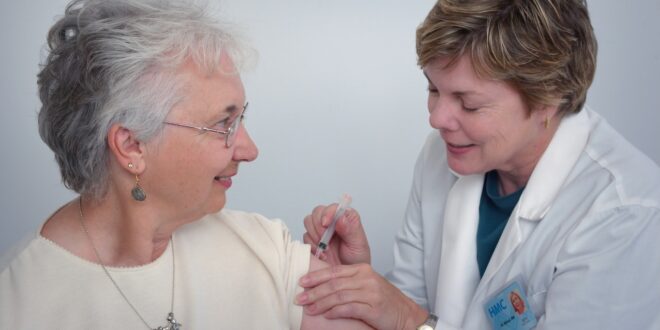It’s a sad fact of life, right now, but securing a GP appointment (especially a non-urgent one) is becoming more and more difficult. That’s why, once you have you foot in the door, it pays to be prepared so you can make the most of the time you do have with your doctor, and help them to help you. Here’s how to go about it:
Doubles
Gone are the days where your doctor has unlimited time to spend with you. If you are seeing your GP about more than one matter, check with the receptionist, before you book, to see if you need to make a double appointment. You will pay more for it, but you will be seen in a less hurried manner than if you tried to squeeze too many requests into a single consultation.
List it!
Before you attend your appointment, list the health concerns you want to bring to your doctor’s attention (even the most confident patient can forget these when in a pressured situation). Your list should note your concerns in order of importance. That way, if your appointment time runs out before you have worked your way through your concerns, those most important to you will have been dealt with first. Take your list to your appointment, and don’t feel bashful about bringing it out. Your GP will be relieved you are helping them save time by being prepared.
Medications
Before you leave for your appointment, pop medications (in their original containers) into a carry bag, and take them with you. You may not see the GP you are hoping to, and having these medications on hand may save a doctor time. Having the medications with you will also allow you and your GP to instantly see how much of each prescription you have remaining, and the expiry date on each.
Think ahead
Before you leave for your appointment, think ahead to any situations in the near future when you will require extra medication, so you can request a prescription without having to make another appointment. Some patients, for example, require extra medications in different seasons, or when travelling abroad or going away from home in their own country for an extended period of time.
Memory jogger
It’s perfectly natural to be unable to remember all your doctor tells you in the space of an appointment. That’s why you shouldn’t hesitate to ask them to write instructions down for you. Alternatively, you can take notes yourself (remember to take a pen and notepad). You can also ask your GP’s permission to tape the appointment discussion (use the voice-recorder app on your phone for this), or take a support person with you.
Follow ups
If you are to have tests or referrals as a result of your GP appointment, ask you doctor for a cut-off time by which you should have received these. Ask them who to contact should these results or referral appointments not arrive on time, and get contact details, such as emails or phone numbers (both is best). That way, where possible, you can follow up on any delays, yourself.
Private
Not every patient has private health insurance, but many of those who don’t can still afford one-off private treatment if it helps to hurry things along. If your GP advises treatment, and is going to put you on a public waiting list to receive it, be sure to ask about the possibility of private treatment. Ask if they advise it, and if they do, ask for an estimate of the cost. This way, you can leave your appointment armed with the information you need to consider all options.
It is not the fault of GPs that appointment times are becoming increasingly pressured. By doing your best to help yourself, you are also helping them.









Join the Discussion
Type out your comment here:
You must be logged in to post a comment.